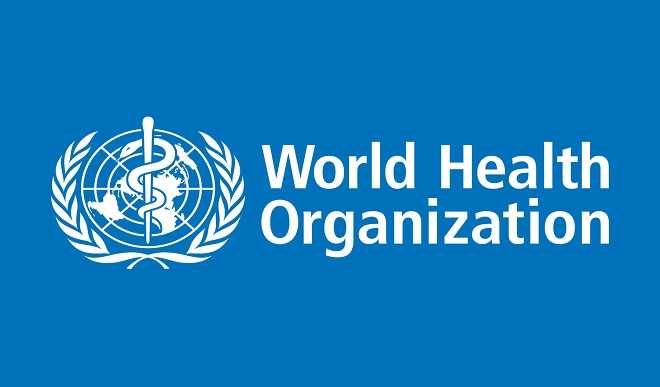
The latest report by the World Health Organization (WHO) reveals that environmental risks such as indoor and outdoor air pollution, second-hand smoke, unsafe water, lack of sanitation and inadequate hygiene cause the death of 1.7 million children under five years yearly.
WHO Director-General, Dr Margaret Chan, in a statement said: “A polluted environment is a deadly one, particularly for young children, their developing organs and immune systems, and smaller bodies and airways, make them especially vulnerable to dirty air and water.”
The report said harmful exposures could start in the mother’s womb and increase the risk of premature birth, adding that when infants and pre-schoolers are exposed to air pollution and second-hand smoke they have an increased risk of pneumonia in childhood, and a lifelong increased risk of chronic respiratory diseases, such as asthma.
“Exposure to air pollution may also increase their lifelong risk of heart disease, stroke and cancer,” the report said.
On the emerging environmental threat to children’s health, the Director, Department of Public Health, Environmental and Social Determinants of Health, Dr Maria Neira, said a polluted environment results in a heavy toll on the health of children.
“Investing in the removal of environmental risks to health, such as improving water quality or using cleaner fuels, will result in massive health benefits,” it also said.
The report noted that emerging environmental hazards, such as electronic and electrical waste (such as old mobile phones) that are improperly recycled, exposed children to toxins which could lead to reduced intelligence, attention deficits, lung damage and cancer.

 Join Daily Trust WhatsApp Community For Quick Access To News and Happenings Around You.
Join Daily Trust WhatsApp Community For Quick Access To News and Happenings Around You.


